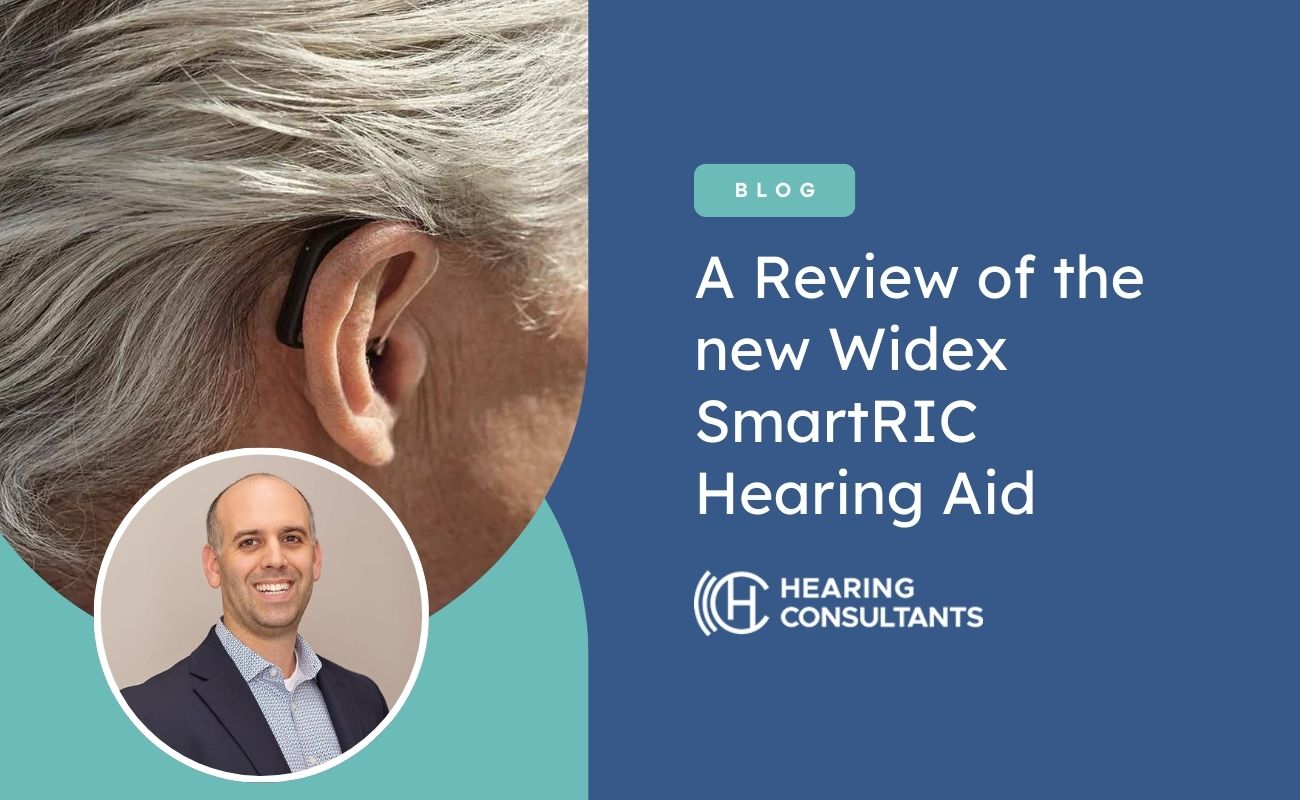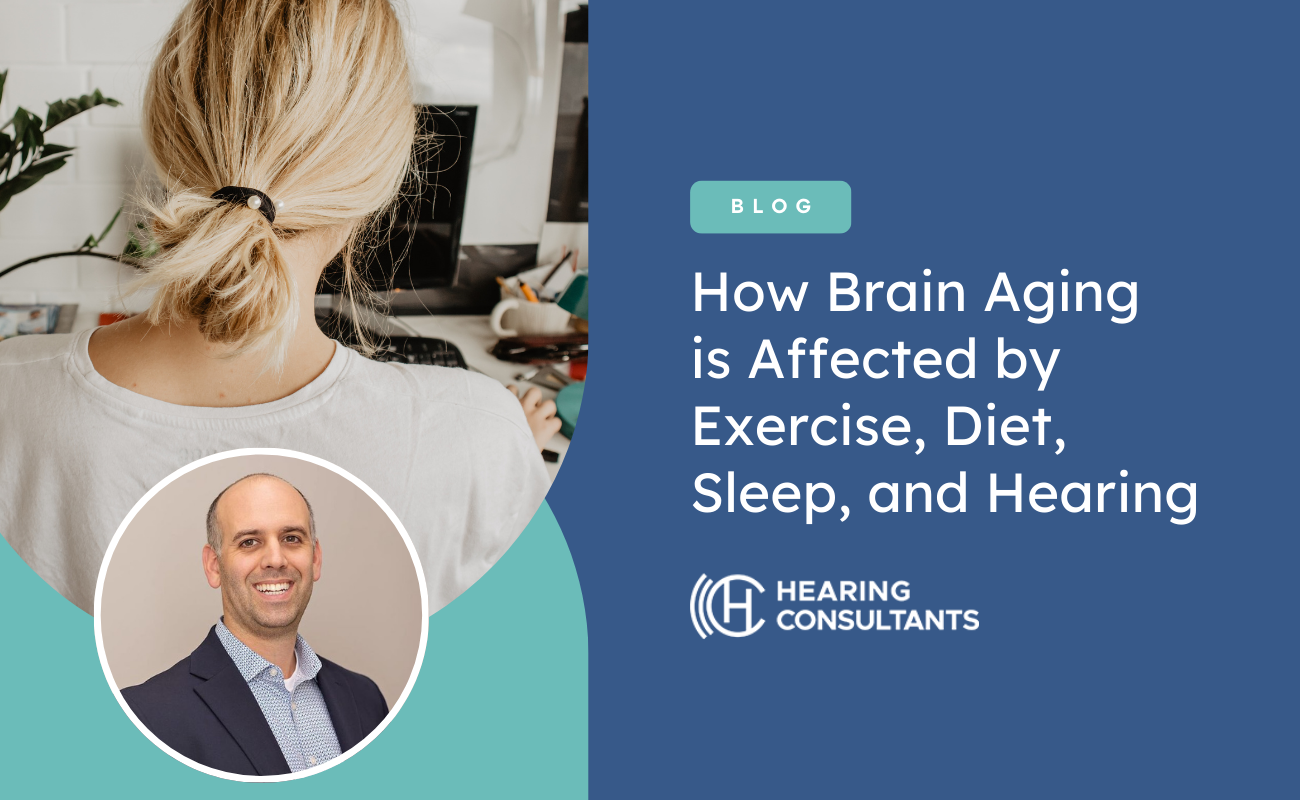Hearing Aid Compatible Assistive Listening Devices
When you live with hearing loss, hearing aids can help support you through the day. They amplify the sounds you can’t hear, aiding in communication throughout your day and alerting you to sounds you may have otherwise missed. Hearing aids are remarkable, but they don’t restore your hearing to its original state. Sometimes you need help with specific instances in hearing. This is where Assistive Listening Devices can enhance your listening experience. There are a wide variety of assistive listening devices (ALDs) and assistive listening systems (ALSs) that fill the gap in both private and public settings. Let’s explore some of the most common types.
ALD Telephones
Speaking over the phone is one of the greatest challenges for many with hearing loss. Important information is lost due to distortion over the line and the loss of visual cues, which many rely on. For a more nuanced experience over the phone, many phones offer real-time captioning so you can read what is being said while many hearing aids offer Bluetooth compatibility to wirelessly stream sound from your phone directly into your hearing aids. This can provide clear sound, which avoids ambient distractions. Many smartphone apps now offer captioning which provides talk-to-text translation in real-time.
Assistive Listening Devices for Televisions
One of the most common signs of hearing loss is constant struggles over the television with family and even friends. You need the sound turned up to hear while others find the volume gratingly loud. Even hearing aid users can still struggle with this issue. To solve this problem, there are many options available. Options such as TV Ears® offer affordable wireless headsets with personal volume control which are plugged directly into your TV’s earphone socket. These can be effective even without the use of hearing aids. With Bluetooth connectivity becoming available with more and more modules of hearing aids, you can pair your television to your hearing aids to receive the TV audio directly in your ear. This allows you to listen at a safe volume while saving stress from your nightly TV routine.
Alerting Devices
Hearing loss can be dangerous when there is an emergency. Many alarms rely on sound to alert people of an emergency, leaving hearing-impaired people at risk. For instance, it is recommended that hearing aid users wear them from the moment they wake up till the time they go to sleep only to be removed when bathing or near water. Any emergency happening while sleeping or bathing could go missed. Many alarm devices rely on amplified sounds, visual cues, and even vibrations to alert you to sounds in your environment. This includes vibrating alarm clocks, doorbells that employ flashing lights or vibrating and flashing smoke, and carbon monoxide detectors.
ALS in Public Settings
Perhaps one area where hearing is the most challenging even with the use of hearing aids is when in public settings. Competing conversations and distraction noise can make hearing confusing and overwhelming in large auditoriums, centers of public transport, airports, churches, theaters, and more. ALS refers to system-wide technology that allows hearing aid users to wear. Thanks to the Americans with Disabilities Act (ADA), most public spaces must offer some type of assistive listening system. Types of ALSs recognized by the ADA include:
- Hearing Loops: Utilizes electromagnetic signals to transmit sound to telecoil compatible technology.
- FM or DM Systems: Uses radio frequency to transmit sound in classrooms or professional environments.
- Infrared Systems (IR): Uses invisible infrared light waves to transmit speech or music from a public address or sound system to an IR receiver.
If you have hearing needs that aren’t being addressed by your hearing aids, don’t become discouraged. We are here to help. Schedule a consultation, and we can explore all your options to enhance your hearing.
Get in touch with
Hearing Consultants
Contact our clinic to schedule an appointment today!







